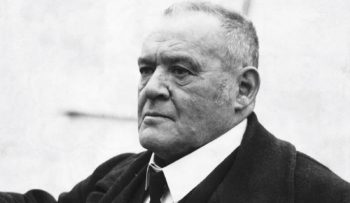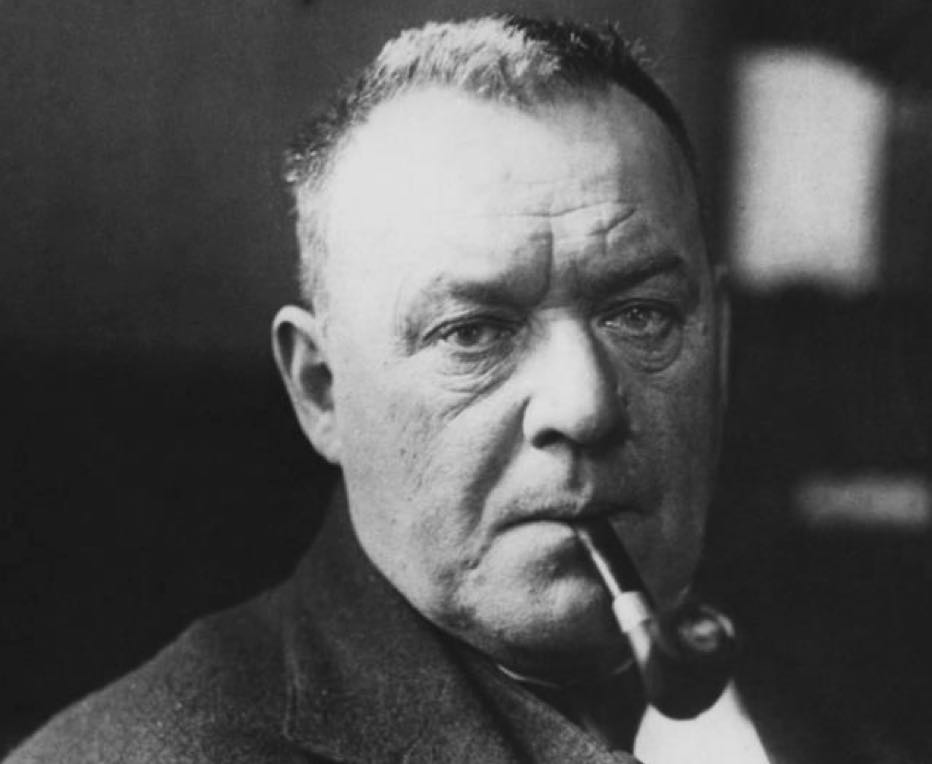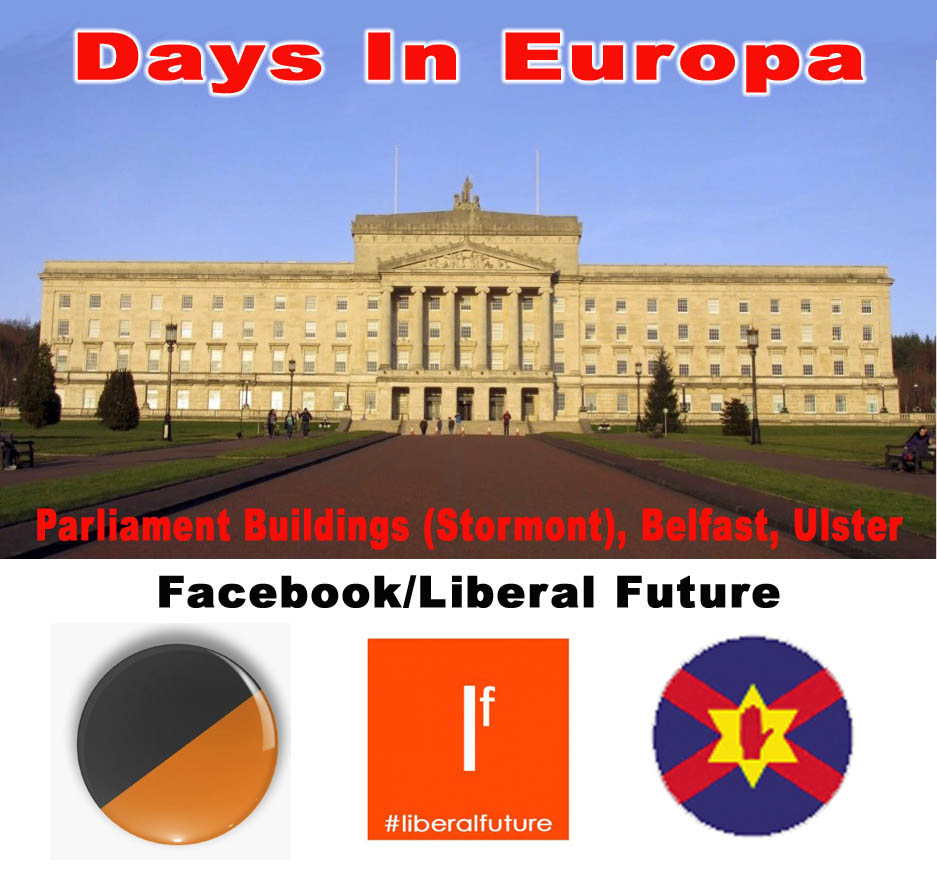You Can Never Do Everything, But You Can Always Do Something
REGULAR READERS will know that we’ve already featured several articles by the independent journalist, Caitlin Johnstone. The National Liberal Party regards her as a ‘point of reference’ in that she has said (or done) things that we find of interest. We particularly admire her independent spirit, non-conformist outlook & quirky style of writing.
We found this article – https://caitlinjohnstone.com/
‘You Can Never Do Everything, But You Can Always Do Something’.
We feel that an example of this approach was demonstrated by the EU Referendum vote of 23rd June 2016. As we know, the majority of the electorate voted ‘Leave’.
However, we feel that much of the ground work – which ensured this historic vote – had been laid way back in the 1970s (and maybe even earlier). Here, countless thousands of activists had campaigned against Britain’s membership of the Common Market. These activists ranged from individuals to political parties & helped build up a ‘head of steam’ which eventually resulted in the historic vote of 2016.
With the above in mind, we feel that both seasoned & new activists should view themselves as links in a chain. And one of these fine days, all of the work put in by activists will pay off, and victory will be ours.

Caitlin Johnstone is an independent journalist who provides original ideas & analysis. Check out her website at https://caitlinjohnstone.com
WHENEVER I talk about the fact that our world is ruled by psychopaths who have our species on a trajectory toward annihilation via climate collapse or nuclear war, I get people asking the very understandable question, “What can we do to stop this?” By which they generally mean something like, how can we collectively free our minds from the propaganda prison of manipulative dominators and use the power of our numbers to create a healthy world?
And the answer to this question is essentially, do what you can, where you can. You’re only one person, and the machine is so very powerful and so very deeply dug in, so all you can do is one person’s best in each moment. Seize every opportunity you can find to spread awareness (1) and throw sand in the gears of the machine (2), and rest assured that you’ve done all you can.
By spread awareness I mean making any number of people aware of any amount of truth about what’s going on. Helping them to understand that we’ve been lied to since we were small children (3) about the nature of our government, our society and our world, and that powerful people pour vast amounts of resources into manipulating the way we think, act and vote using the mass media (4). Make them aware of the misdeeds committed by our governments and institutions, and how power moves and operates nationally and on the world stage. Use any medium you can, from having conversations, to participating in demonstrations, to handing out flyers, to tweeting, to writing, to making podcasts and videos.
By throw sand in the gears I mean, make it hard for them. Make it difficult for the machine to operate. When you see them cooking up a new narrative to manufacture consent for more sanctions or military interventionism, highlight the plot holes in that narrative for anyone who’ll listen and let everyone know they’re probably lying (5). When you see them working to imprison another journalist or whistleblower, let everyone know who the real criminals are. Use truth to interfere in their propaganda operations, wherever they show up.
So the answer to the “What can we do?” question is fairly simple, but it also often leaves people feeling unsatisfied. We all want to save the world, and the idea that we’re just a tiny little person who can only do so much is not satisfying for the ego and does not conform to the expectations that have been constructed for us by the heroic narratives churned out by Hollywood.
But this is not Hollywood (6) and we are not some character played by a beefy pro wrestler. None of us are going to single-handedly bring down the machine; if it ever comes down it will be because more and more people started opening their eyes to what’s going on and we all brought it down together. Nobody will get to take credit for it. It will not be egoically satisfying. Nobody will get to kick the bad guy into molten lava. Nobody will get the girl.
I always get people yelling at me that I urgently need to write about this or that issue in this or that way, claiming that if I’d just take up their pet cause and wave their personal banner it could spark a grand revolution that changes the world. And it just doesn’t work that way. Neither I nor anyone else is going to be the revolution’s messiah. Only the ego wants to believe that it could be the one to turn this ship around. We’re going to do this together, as equals, or not at all.
And we really don’t have control over whether or not that will happen, and that’s what makes it so hard to accept. People in general already don’t enjoy feeling like they don’t have control, and when you’re talking about the fate of the entire world the experience can be that they don’t have control, and when you’re talking about the fate of the entire world the experience can be that much more stressful. People don’t mind fighting and winning or losing, as long as the ultimate outcome is in their own hands.
And it just isn’t. Nobody is in control of this thing. The sooner we can make peace with this reality, with how totally out of control the world is, the better off we’ll be. Then we can just fight for the sake of the fight and not torture ourselves with fantasies of saving the world on our own. At peace with the understanding that we can never do everything, but we can always do something.
Chris Hedges has a great line, “I do not fight fascists because I will win. I fight fascists because they’re fascists.” This to me is the path to real efficacious action in true equanimity, because you’re throwing everything you’ve got into the fight without letting concern about whether or not your efforts will be successful put a wobble on your movements.
Another way to put this would be in the words of the ancient Bhagavad Gita (7), ‘Set thy heart upon thy work, but never on its reward. Work not for a reward; but never cease to do thy work. Do thy work in the peace of Yoga and, free from selfish desires, be not moved in success or in failure.’
This approach to revolution is not satisfying for the ego, but, since the solution to our existential crisis likely sits on the other side of a mass-scale awakening (8) from egoic consciousness which is the source of all our problems, this is perhaps as it should be.
(1) https://caitlinjohnstone.
(2) https://caityjohnstone.medium.
(3) https://www.wakingtimes.com/
(4) https://www.youtube.com/watch?
(5) https://www.corbettreport.com/
(6) https://caityjohnstone.medium.
(7) https://signpoststoeden.
Date: August 10, 2021
Categories: Articles



































 We’re deeply interested in the history & beauty of Europe. With this in mind, in January we examined
We’re deeply interested in the history & beauty of Europe. With this in mind, in January we examined